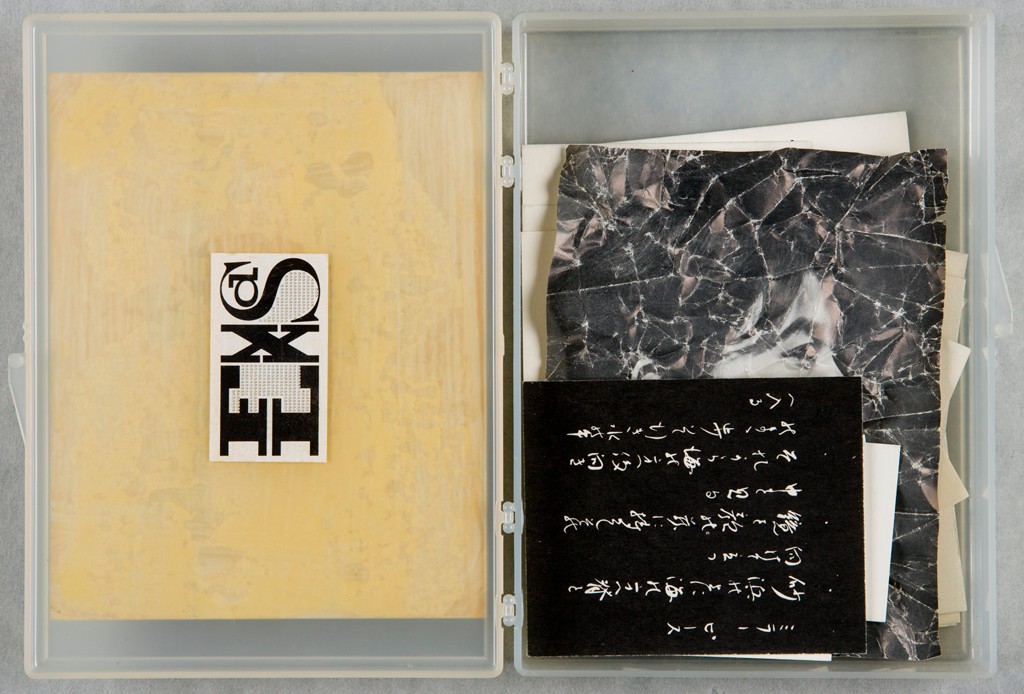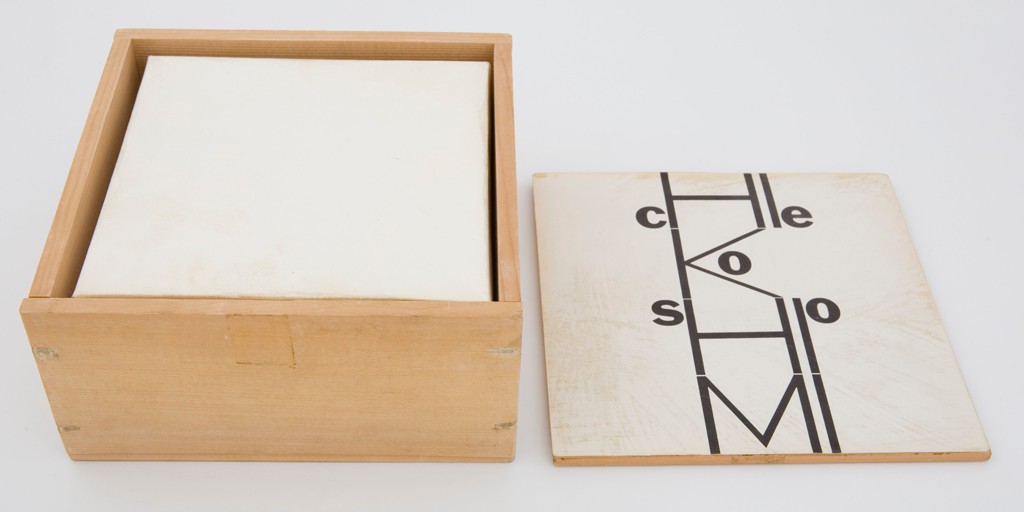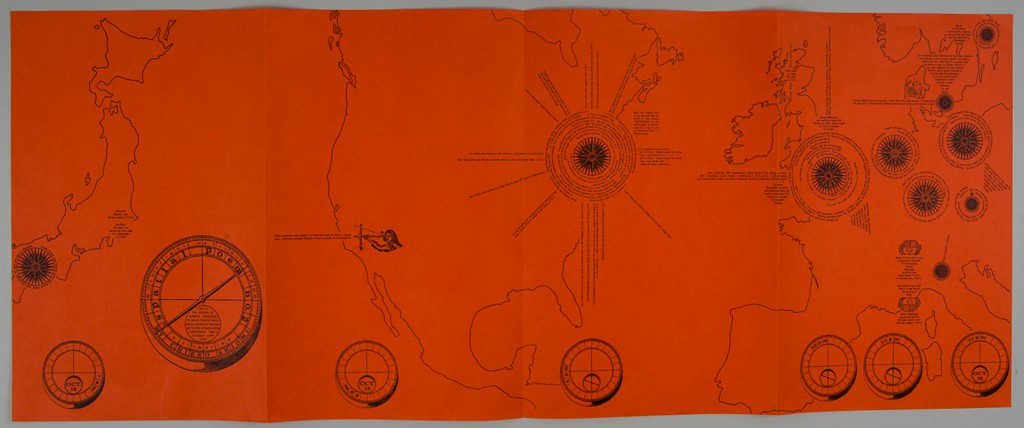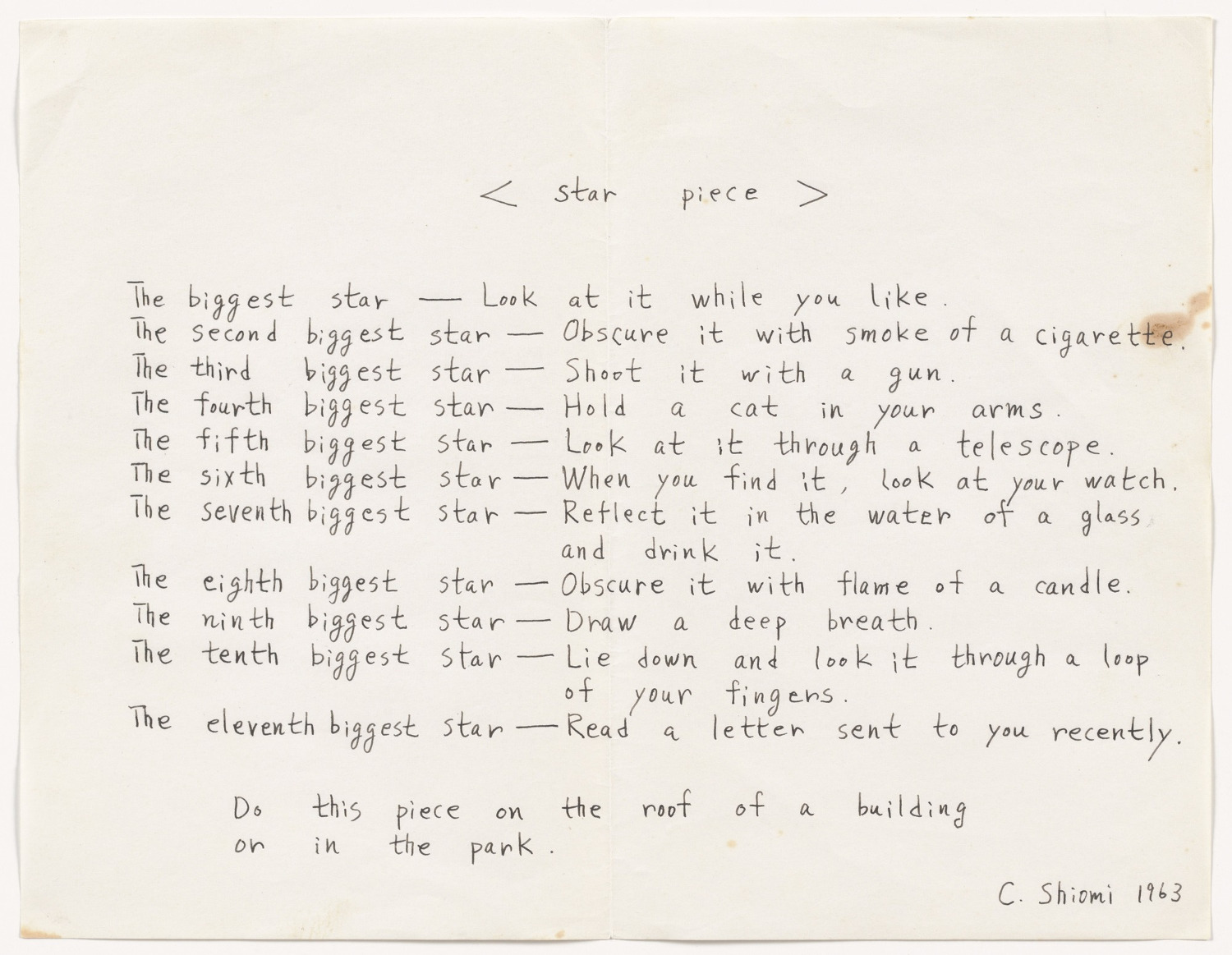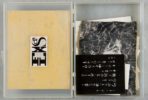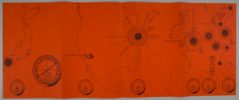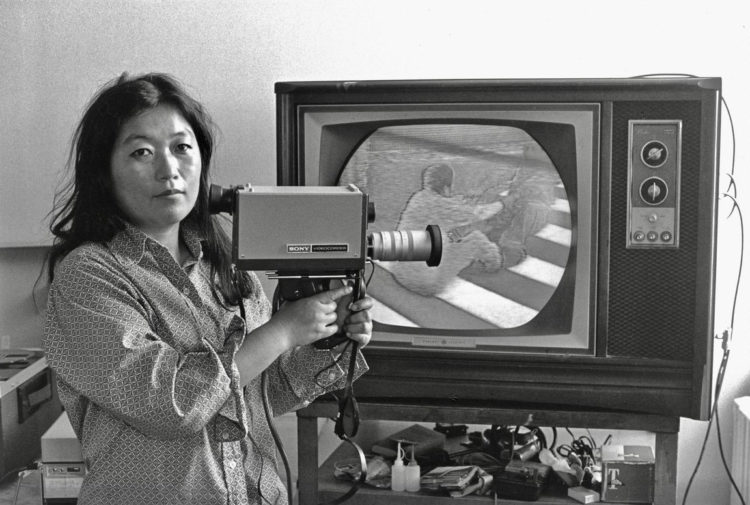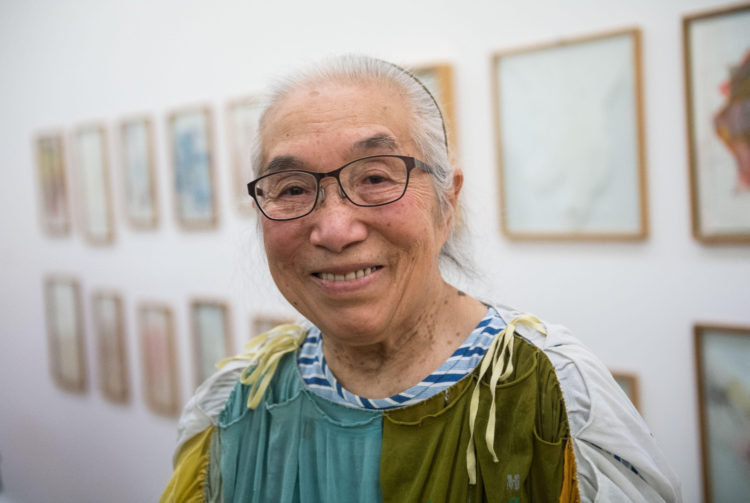Mieko Shiomi and Takuma Uematsu, Exploring the Stars, Yumiko Chiba Associates Viewing Room Shinjuku, Tokyo, 16 March – 18 May 2019
Japanese composer, visual artist and poet.
Mieko Shiomi began studying musicology at the Tokyo National University of Fine Arts and Music in 1957. Interested in avant-garde music, she founded the group Ongaku with her classmates in 1960, which explored new forms and improvised performances. She then played her first compositions in public. In 1961 she participated in a concert with Toshi Ichiyanagi, the first husband of Yoko Ono, who mentioned the group to George Maciunas. He in turn included them in his tentative program for the Festival of Very Early Music, a programme that he wrote in 1962 but which was never realised; the group split up shortly after. Mieko Shiomi deepened her exploration of spatial-temporal music in relation to everyday objects. Between 1962 and 1963 she began to write exclusively textual pieces that she called action poems. In 1963 she created Endless Box, a multiple composed of 34 boxes in foldable paper of differ sizes, which she sent – on the advice of Nam June Paik (1932-2006) – to Maciunas, thus making her entrance into the Fluxus movement.
Arriving in New York in 1964, she participated in the Fluxus Symphony Orchestra at Carnegie Hall. Over the next year, she performed several actions such as Disappearing Music for Face. Her works combined music, visual arts and poetry, as seen in her most celebrated piece Spatial Poem, a series of nine mail art actions (1965-1975) where she sent an idea for a simple action to several people and asked each of them to react with a performance and a text, and to send her the documentation. This work allowed her to carry out a simultaneous action all over the world and to implement real human exchange. After returning to Tokyo in 1965, she spread Fluxus ideas in Japan and concentrated more and more on new technologies.
Since 1990, she has taken part in numerous Fluxus projects across Europe, United-States and Japan. In 1994, she organized Fluxus Media Opera (1994) with a computer musician and 30 performers, also inviting foreign Fluxus members by telephone.
In 1996, she was nominated for the “Women Composers of the World” section at Tokyo Summer. In 2001, she organized Fluxus Trial at The National Museum of Art in Osaka, which held the retrospective Mieko Shiomi and Fluxus in 2013. For over 60 years, Mieko Shiomi kept working in various genres such as poetry, music, performances, visual arts or collaborative works. Since the 2010’s, she gives lectures at Kyoto City University of Arts as a Distinguished Visiting Scholar.
© Éditions des femmes – Antoinette Fouque, 2013
© Archives of Women Artists, Research and Exhibitions, 2020




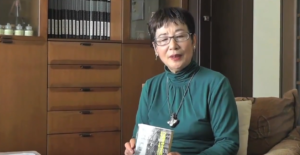 Interview with Shiomi Mieko: Chapter 1
Interview with Shiomi Mieko: Chapter 1 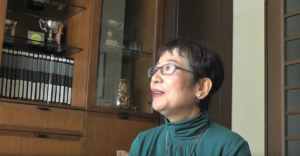 Interview with Shiomi Mieko: Chapter 2
Interview with Shiomi Mieko: Chapter 2 